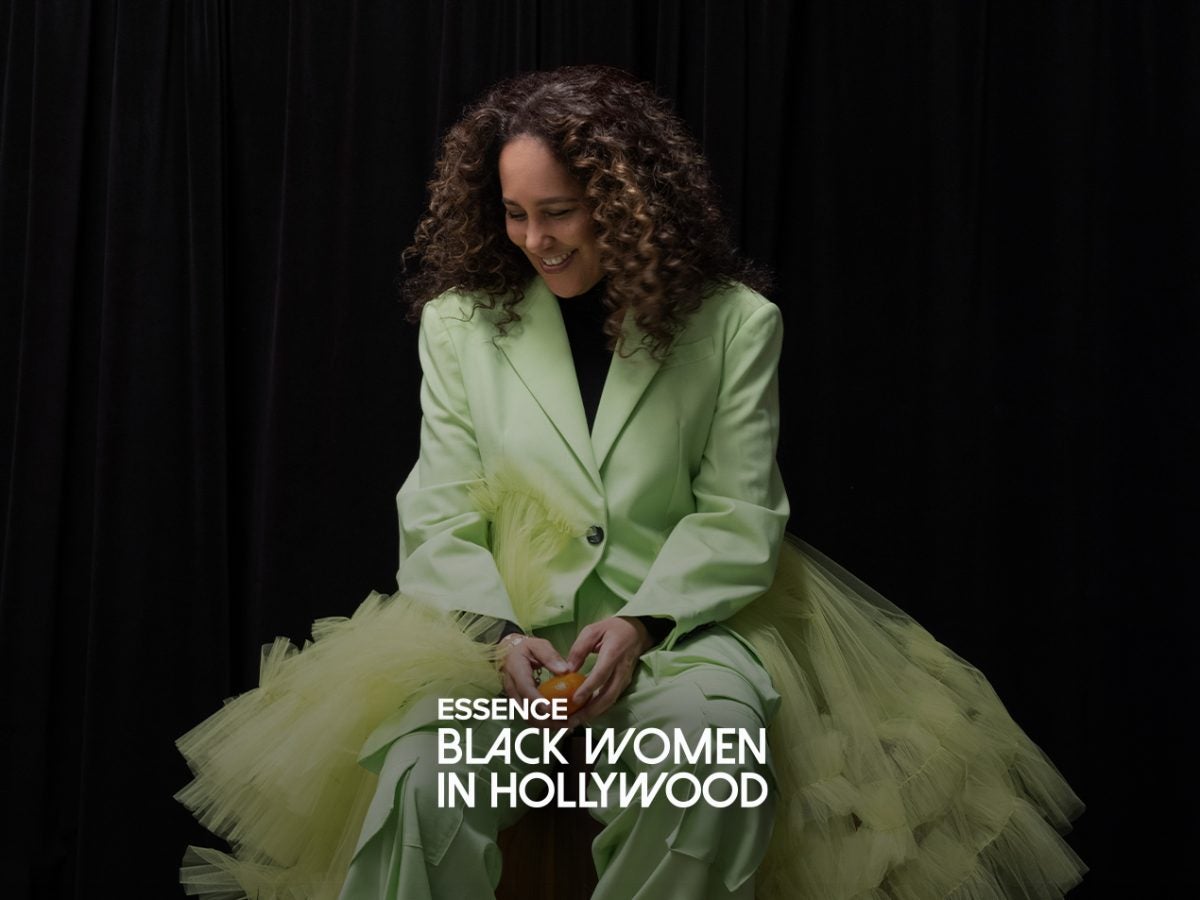
Gina Prince-Bythewood’s first entertainment job was as a writer on A Different World, but the screenwriter and director’s summoning into the industry came much earlier in life. “I feel like my journey began when I saw Claudine,” she says. “I’ve never forgotten the way I felt watching it and seeing myself reflected for the first time. I literally can feel the same way I did that day and I felt like I want to give that feeling to other people because I had felt so invisible for so long.”
The UCLA School of Theater, Film and Television graduate has done just that, from her 2000 feature directorial debut Love & Basketball to 2022’s historical epic The Woman King. Within that 22-year span she’s written and/or directed just three additional feature films–intentionally so. “The hardest fight, and the reason why there’s so much space between my projects, is because of the type of stories that I want to tell, and that’s centering us, centering Black women, telling Black stories, Prince-Bythewood says. “Those are absolutely the hardest films to get made and absolutely take the most fight.”
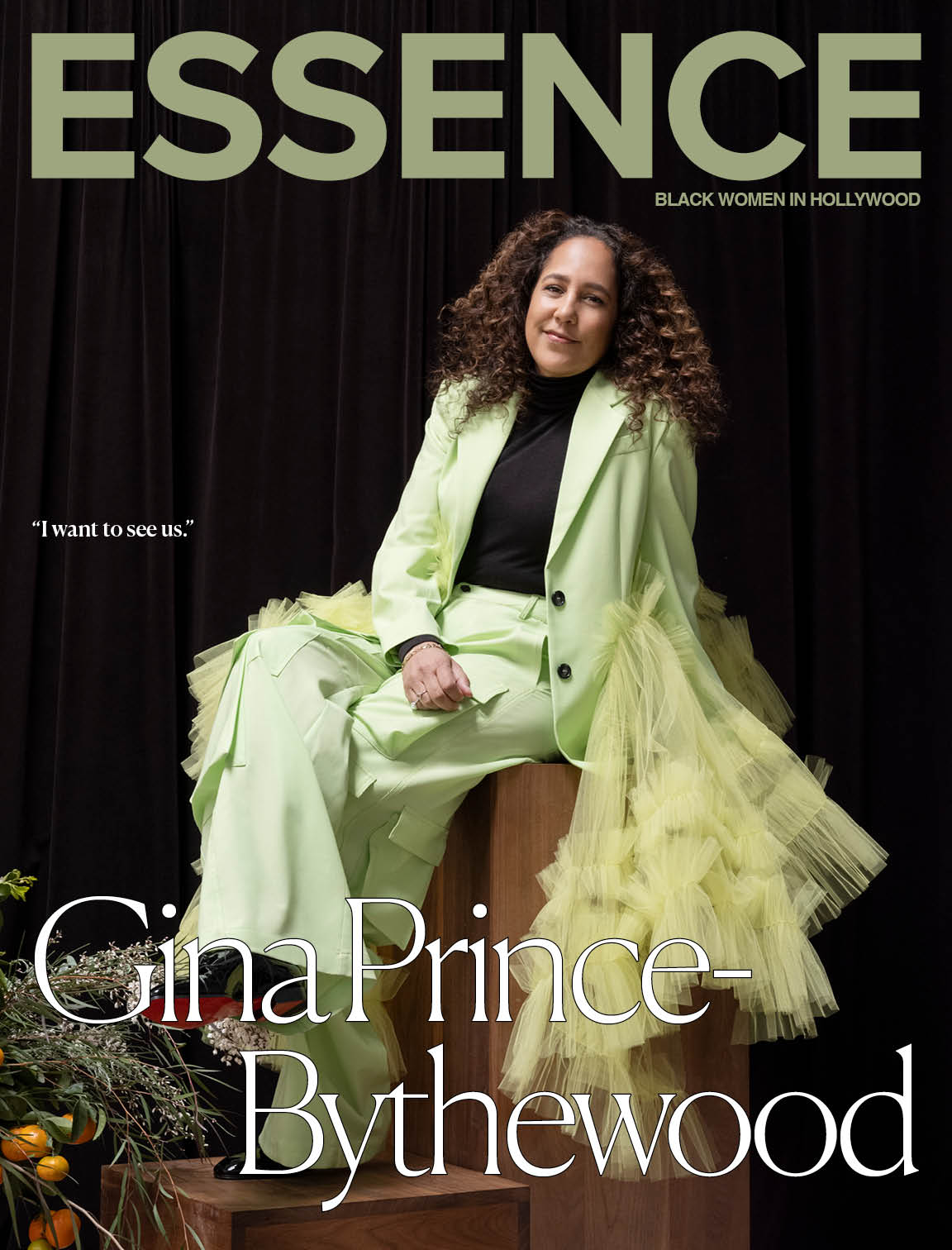
Here, the 2023 Black Women in Hollywood honoree shares why she’ll never give up that fight.
Did you always know you’d be a filmmaker?
Gina Prince-Bythewood (GPB): I knew I wanted to be a writer, ever since literally six years old. I was writing short stories, putting on little plays for my family, concerts. And then I got obsessed with soap operas and I read an article that told me that people write that and get paid to write it and that was the first time it connected. But it wasn’t until I got to film school that I realized I wanted to be a director. And I think it was the same thing that for the first time I understood, Oh, the director’s the one that’s in charge and the one that’s making all the decisions and the one everyone’s listening to.
Did you ever think, “I can’t do that?”
GPB: It’s interesting. I’ve always known that I was going to do something, but there was a moment where I didn’t know how I was going to get there. I remember I got the opportunity to have a job interview for A Different World. It was my favorite show and it was right out of college and I blew the interview. It was awful. I was awful. And I felt like I had this opportunity that I blew. But getting that taste of it, knowing in my heart this is what I’m supposed to be doing, that’s always given me the confidence that, I know I’m supposed to be here. I know I’m supposed to say something to the world and I know I have it in me to fight, because that’s what it takes to survive in this industry. And to tell the stories that I want to tell, which is centering us.
Your films are so varied, from Love & Basketball to The Secret Life of Bees and Beyond the Lights, what’s most important to you when it comes to the stories you choose to tell?
GPB: Foremost, I want to see us in every single genre. I like to talk about disrupting genre and oftentimes that’s just literally putting us in them. I make my choice based on guttural connection to the material. I have to feel it and it has to be a “have to,” it can’t be a “want to,” because there’s a hundred things I want to do, but what do I have to do? I have two boys, I have a husband. If I’m going to be away, it has to mean something.
And also when you’re in this position, what are you going to say to the world? That’s important to me too. It’s not just enough to entertain. And I’m not disparaging anybody who that’s what they want to do. But for me, I feel like we can absolutely do both. And that’s what’s exciting to have people connect with the material, connect with the films, and literally be changed by it. I really do believe that film can change the world. And I’ve got to hang on to that because that’s absolutely been the driving force.
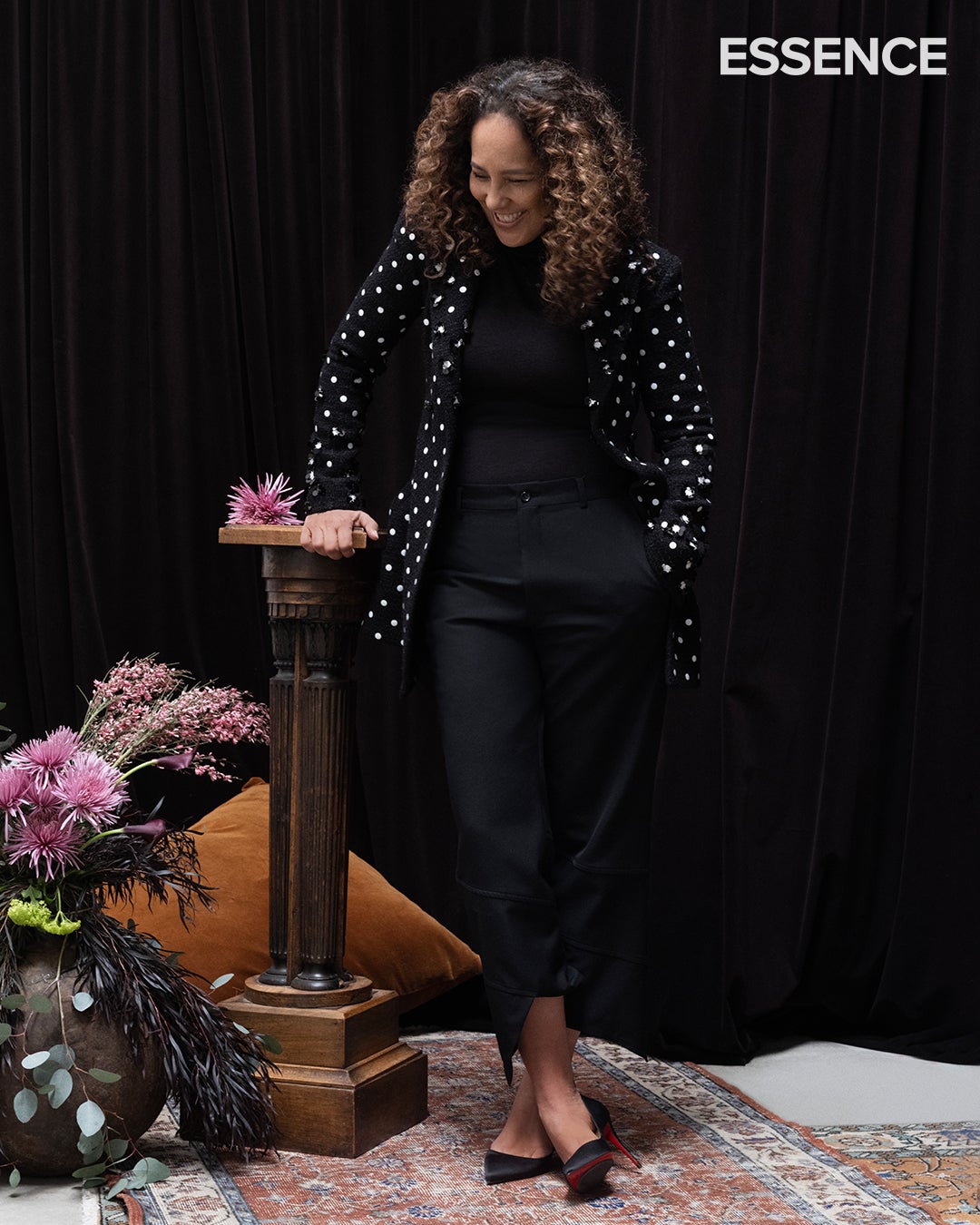
What did you feel when you first read this screenplay for The Woman King?
GPB: Literally five pages in I was watching the movie in my head. When you read these women rise up out the grass, I wanted to be the one that got to shoot that. The interesting thing is The Old Guard, that was two years of my life and I had to shoot in London, so I was away. And I literally promised that I was going to take a break. And then the script came and I read it and I was like, “This is everything I’ve been dreaming about doing as a filmmaker from when I first started.” I knew this is where I wanted to go, even though Hollywood didn’t understand that we could do this type of film.
But I said, “I really want to do this, but I made this promise and I can’t.” I sent it to my husband, Reggie Rock, anyway. And I remember he read it immediately and I got this text that said, “This is your next movie,” which was really dope because I wouldn’t have done it given the promise that I made. But the fact that he saw how important this film was the same way that I did –every page was a gift. Every moment was a gift. And I’ve never lost that feeling that I felt that first time I read it.
After receiving so many awards and nominations, The Woman King was expected to sweep award season. But then the Oscar nominations were announced and the film wasn’t there. What was that day like for you?
GPB: It was an awful day. It was an awful experience to sit there and watch every single one of our crafts, every single one of our performances be ignored. I know the level of work that this film took. Our extraordinary crew, all of our HODs (heads of department)–all women and people of color– our cast is so extraordinary. It was surreal and it was stunning. And it was angering, really angering.
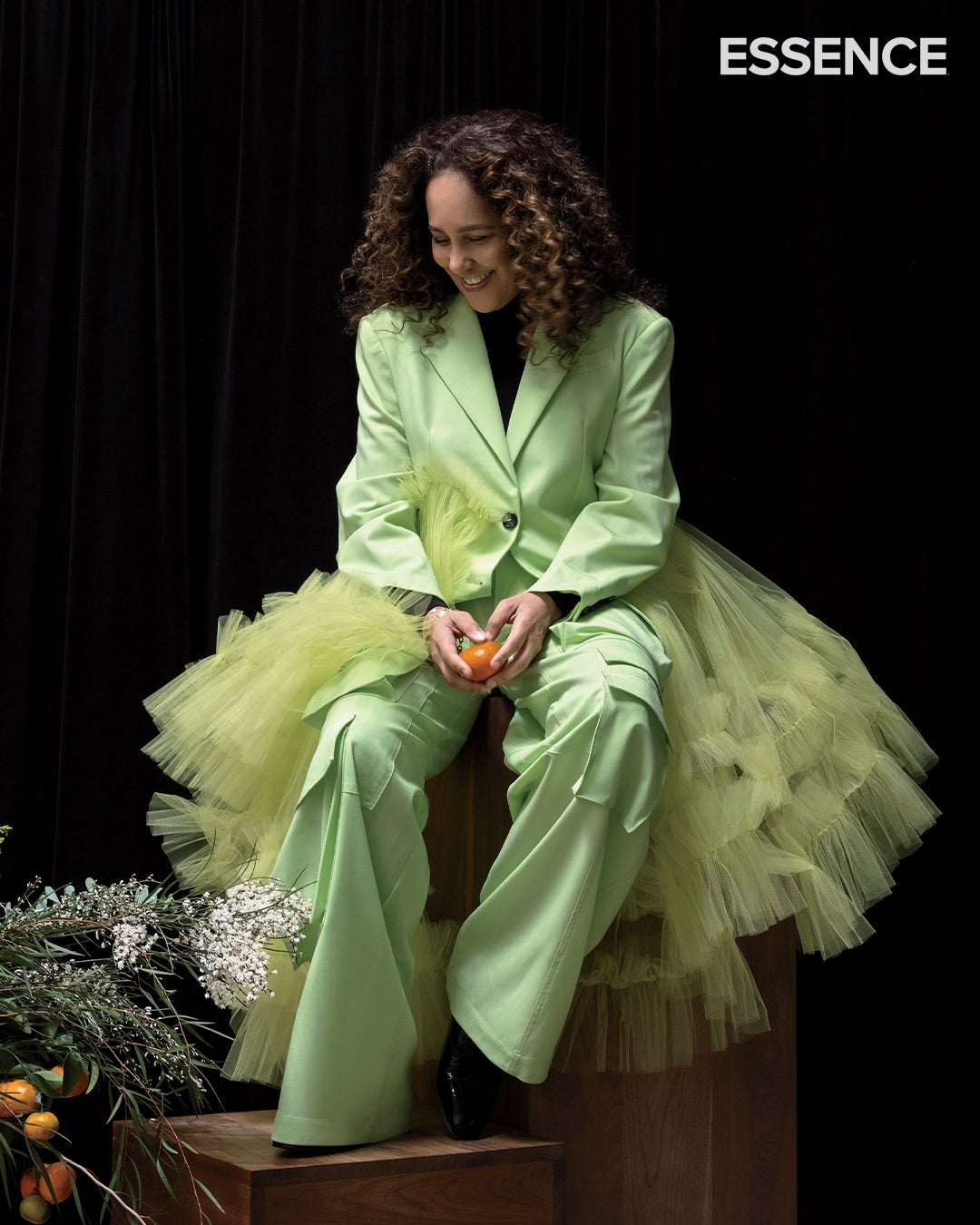
You wrote a piece for The Hollywood Reporter in which you talked about the ways the Academy has failed Black filmmakers and the tone, it felt, was very much, “This is not Black women’s problem to solve.” Is that fair to say?
GPB: Yes. We’re the casualties of this system and we have to work within it. It’s just the reality. Hollywood, America, we know how it operates and we have to operate within that. But not only just operate, we need to find our ways to have success. And success for me is to be able to put The Woman King into the world. The Woman King is in the world and doing what we had hoped it would do in terms of inspiring us, in terms of allowing us to see ourselves in a way that we haven’t been able to see, to tell our history in the right way. So much of our history is wrong and has been told wrongly. So to be able to write that, it was an incredible thing. I will never let go of that pride of what we did.
Year after year, we see Black artists boycott the Grammys as a result of this same issue in the music industry. Can Black filmmakers and actors afford to boycott the Oscars?
GPB:Well, it’s not even like they’re giving us a choice. They’re not nominating us. And again, props to Angela Bassett and Brian Tyree Henry, I’m so happy for them and excited for them and Ruth E. Carter. But again, there’s too many of us who are not seen in the same way. Our work is not valued in the same way. We don’t get that assumption of greatness that so many others do. We see it in ourselves, but the world doesn’t see it. And it’s not just an industry issue, it’s an American issue. It’s a global issue. That’s why I don’t like to have to speak on it, but I will speak on it, because it’s that large, it’s that insidious. There’s so much work that has to be done. We can’t keep being the casualties of what keeps happening, because it’s damaging to our psyche, our emotional life, our mental health, it’s a real thing.
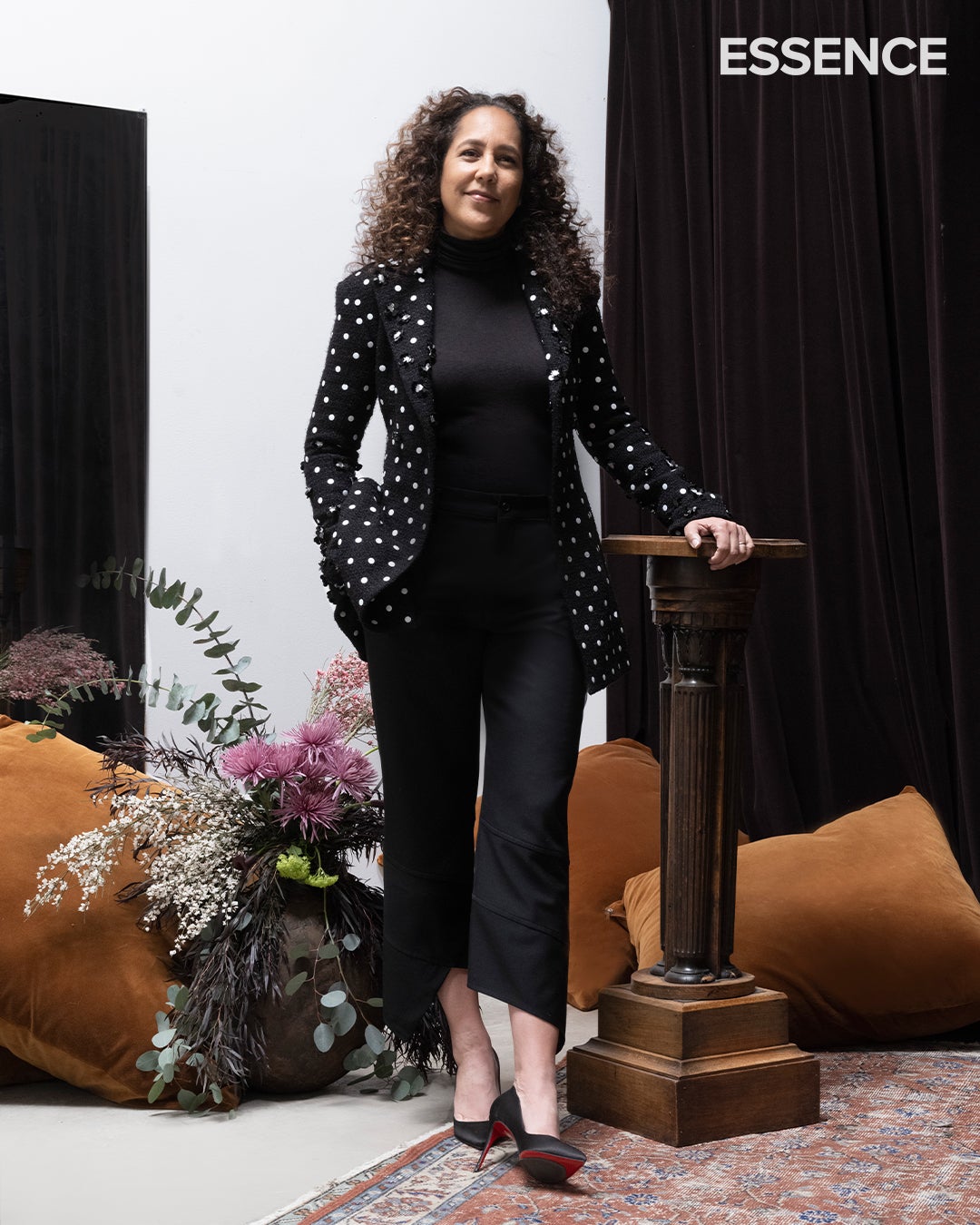
What is the best piece of advice you’ve been given about navigating Hollywood as a Black woman?
GPB:What has been profound about doing The Woman King is also being around these artists, these incredible women, incredible Black women who know themselves. They’re so connected, ancestrally, spiritually, and to be able to live in that, live in that swagger, it’s like, again, we all know what we’re up against. We all know what we’ve been through, but when we came together as a collective, there was a power that we literally could feel and that we’ve held onto even off of set. We talk about it a lot, but it was really a definitive thing that I wanted to bring Black women from all over the diaspora to tell this story, bring us together. No division. Didn’t matter where you were from, you’re a Black woman. This is Black women’s story. This is about our ancestors. We get to tell this together in the motherland. It was profound. And so again, to take that collective power, that’s what I’ve taken from that, we have to hold onto that. And then we need to spread that love amongst all of us, so that we can keep telling stories like this.
Will another Woman King be made in our lifetime?
GPB: In the same way that Black Panther inspired The Woman King, and allowed it into existence because of its success, I know now that The Woman King and its success is going to allow somebody else to tell some great story that needs to be told.
Photographed by Paul Mpagi Sepuya – @pagmi
Styled by Jason Rembert – @jasonrembert
Hair & Makeup by Michael Ashton using FYEO at Michael Ashton Beauty – @michaelashton
Photography Studio Manager: Nico Dregni
Florals: Sebastian Jamal
Styling Assistants: Kirsten McGovern and Christina Arroyo
Tailor: Irina Tshartaryan
Production Coordinators: Gabriel Bruce, Benjamin Rigby, Alaura Wong
Production Assistant: Jordan Mack







Photography Direction by Michael Quinn – @_mq______
Production by The Morrison Group – @themorrisongroup
Special Thanks to Luxe Sprinter LA





